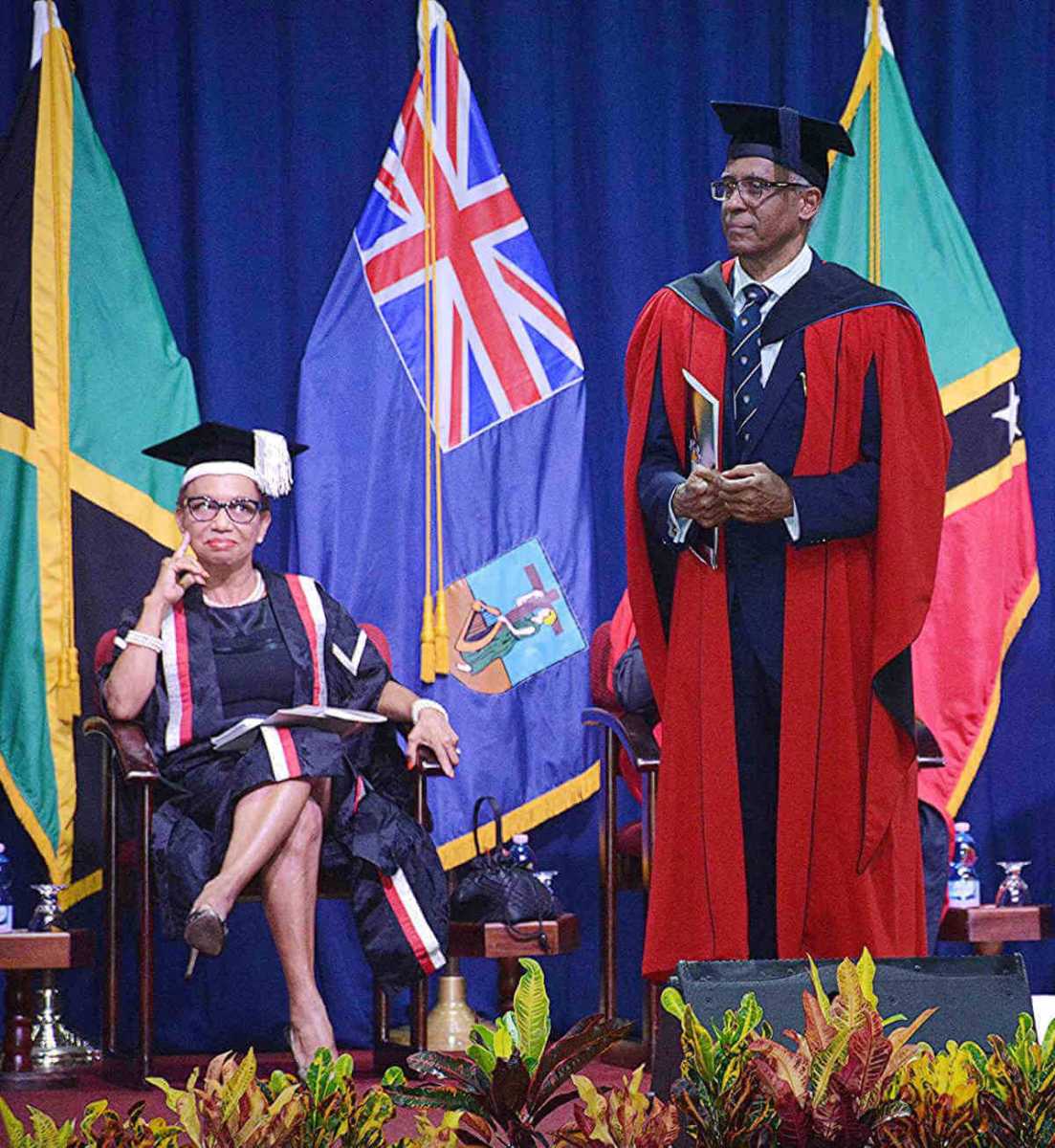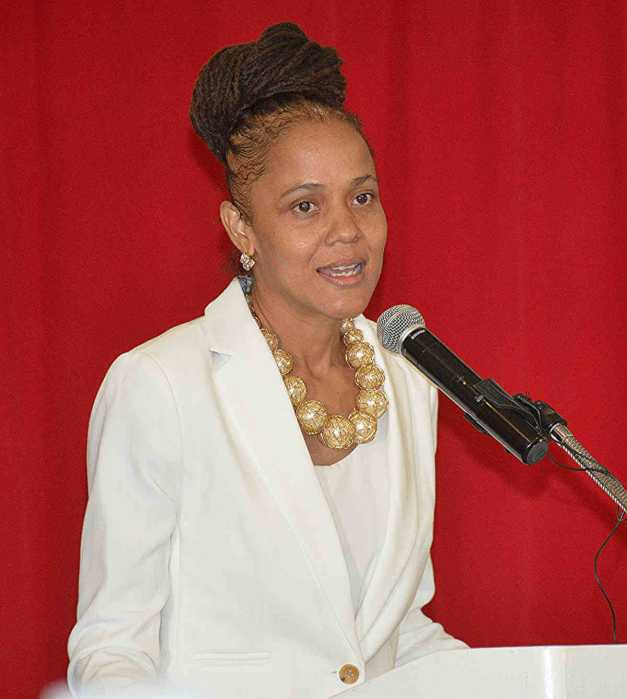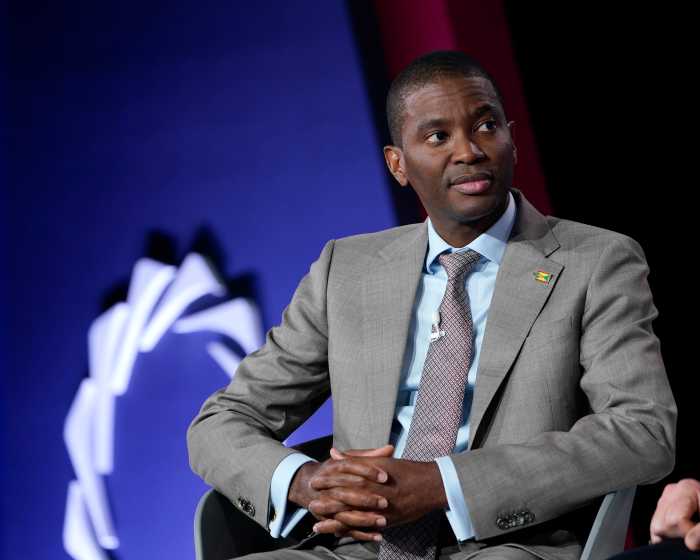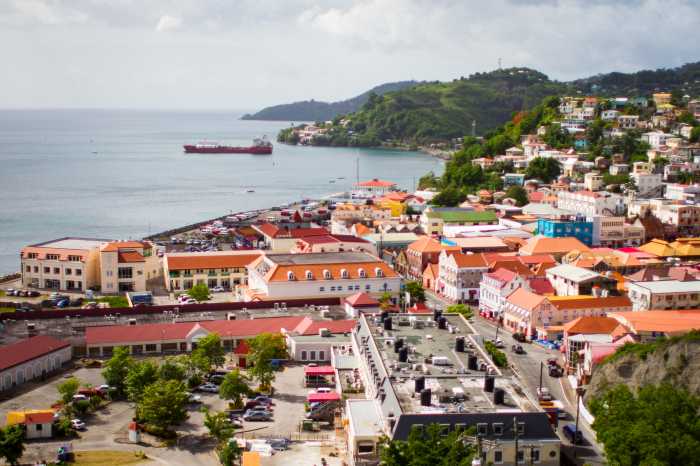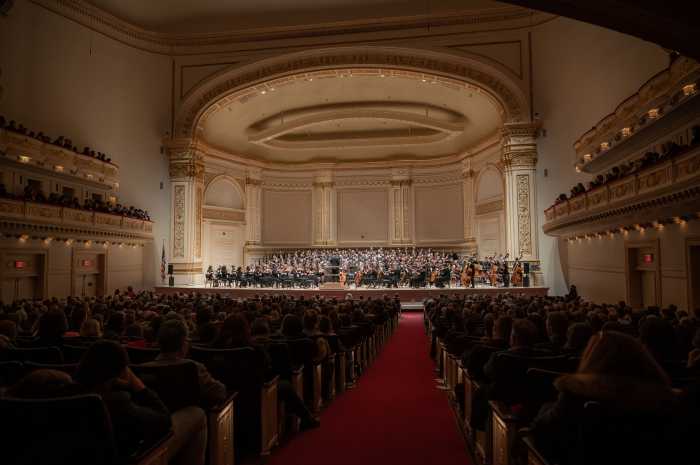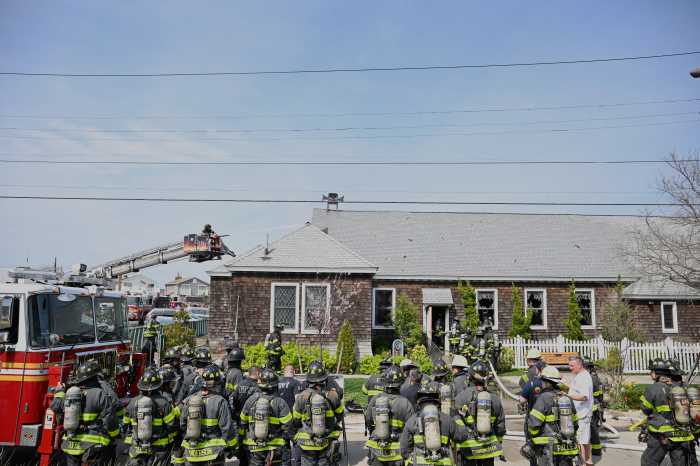A former Caribbean prime minister had in May declared his intention to withdraw his island from the region’s lone judicial organisation, Caribbean Court of Justice, now five months later the CCJ President Justice Adrian Saunders described such thoughts as ‘a painful embarrassment.’
Saunders’ comment was not directed specifically at a vow by past Barbados Prime Minister Freundel Stuart but was aimed generally at all regional persons who are against the use of this Caribbean institution as their court of last resort.
Since formation in 2005 only four — Barbados, Guyana, Dominica and Belize — of the 15 CARICOM member states have signed on as full members, using this Caribbean institution as the court of last appeal for their citizens.
Of the remaining CARICOM member territories, eight have agreed to use it for interpretation of matters relating only to the Revised Treaty of Chaguaramas, which governs relations among CARICOM member states.
Those 11 territories which are not full members continue to use the British Privy Council as the court of last resort for their citizens.
Dissatisfied with what he saw as CCJ’s treatment of Barbados, Stuart said five days before the May 24 elections that, “once the Democratic Labour Party is re-elected into office, I am determined to put Barbados on the same level as every [of the eight] other CARICOM country [countries] by de-linking from the Caribbean Court of Justice in its appellate jurisdiction.”
Stuart lost the elections and succeeding Prime Minister Mia Mottley swiftly assured the region that Barbados will not change its relationship with the CCJ.
Delivering the feature address at the 2018 graduation ceremony at Cave Hill Campus of the University of the West Indies over the weekend, Saunders did not call names as he tore into the CARICOM member nations which continue to use the UK’s Privy Council to interpret laws of their lands for internal disputes despite the regional organisation establishing the CCJ for that purpose.
“It was absolutely perplexing to me that so many people of the region contrive to find excuse upon excuse to justify the anomaly that after 50 years of political independence the laws that we proudly make in our own parliaments should ultimately be interpreted and applied by a British institution, staffed with British judges all of whom reside in Britain,” he said Saturday after being conferred with an Honorary Doctor of Law degree.
Saunders told the hundreds in the graduation class of 2018 of the importance of having, “an understanding of our work as human beings and of our ability to forge our own destiny,” adding that this is “vital to us in the Caribbean with our fractured past of colonialism and slavery.”
In that context he described the resistance to full CCJ membership by a majority of CARICOM nations as ‘almost frightening’ because “this situation occurs even after CARICOM states, over 15 years ago established their own court precisely to serve that purpose, and since US$100 million to guarantee that court’s sustainability.”
That money, pooled by all CARICOM states, has been placed with investors and the returns ensure that CCJ is financially self-sufficient and thereby free from political influence.
Justice Saunders, who assumed the CCJ top post in July, said, “I often meet colleagues, judges and other persons in the justice sector coming from countries from Latin America, Asia, Africa, and when I try to explain this phenomenon to them it is no longer an anomaly because in the face of the incredulity on their faces, it becomes a painful embarrassment.”
He said that embarrassment “is linked to our perception of ourselves and the level of confidence we have in our capacity to take full responsibility for our own governance.”
He however cited regional institutions such as UWI, Caribbean Development Bank and the Caribbean Examinations Council that have become authorities and part of regional existence, and expressed confidence that CCJ will one day be so regarded.



